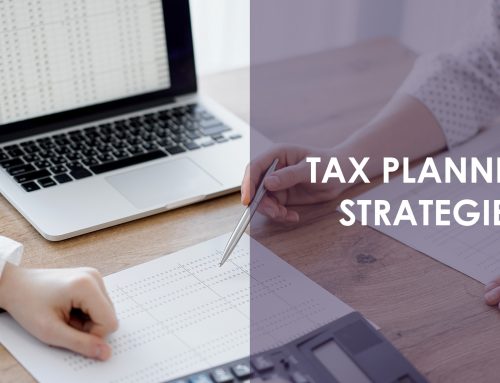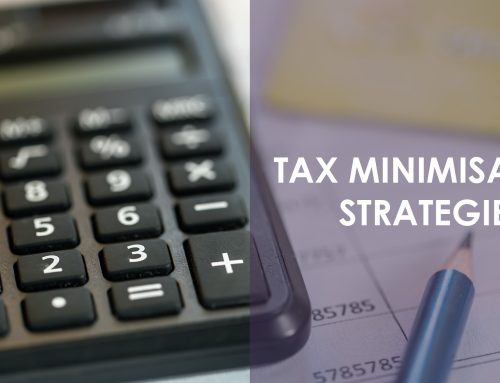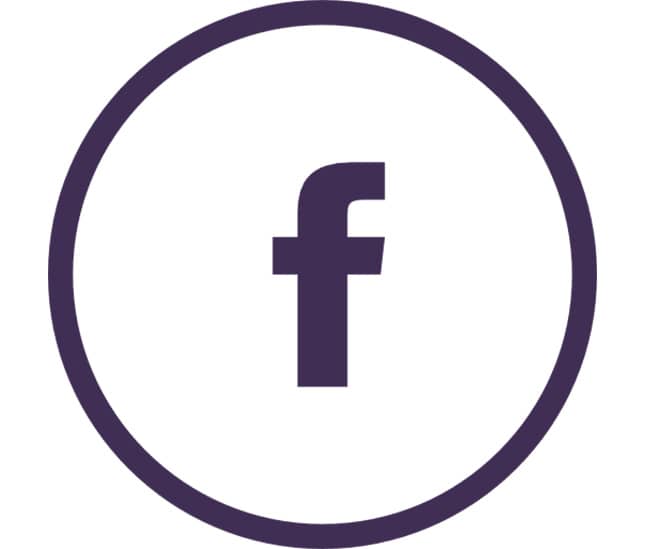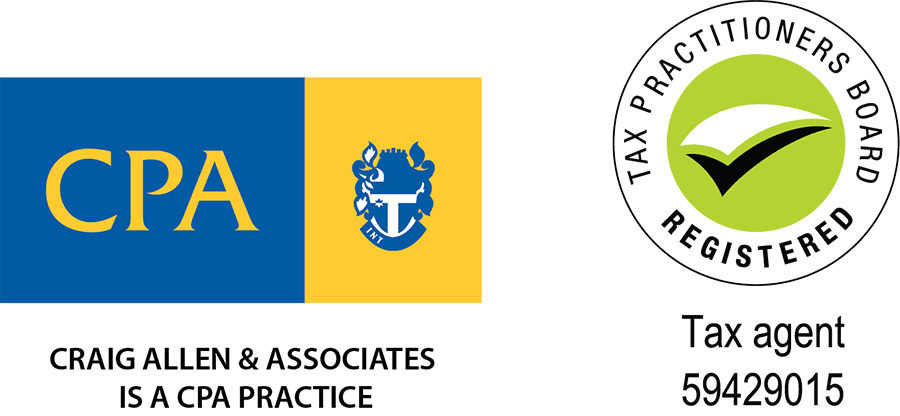Another fringe benefits tax (FBT) year has ended. As the due date for lodgments and payments are fast approaching, it’s important that you get your information ready to enable your FBT requirements to settle on time.
As a business, fringe benefits are a great way to attract and retain quality employees to help your business succeed. In this article, we aim to provide you with some great information regarding fringe benefits tax.
What is fringe benefits tax?
Fringe benefits are payments made to an employee in lieu of benefits. The payment is separate from an employee’s salary and wages, and it is considered additional compensation. Hence, Fringe Benefits Tax is calculated on the taxable value of the benefit provided to the employee or associate.
Fringe benefits are mostly non-cash benefits given to employees like motor vehicles, health care housing, loans, meals, and the like. The term ‘employee’ includes current, future, or past employees, directors of a company, and beneficiaries of a trust who works in the company. It should be noted that it can also include associates
What are the examples of fringe benefits tax?
According to the Australian Taxation Office (ATO), fringe benefits include but are not limited to:
- allowing an employee to use a work car for private purposes
- giving an employee a discounted loan
- paying an employee’s gym membership
- providing entertainment by way of free tickets to concerts
- reimbursing an expense incurred by an employee, such as school fees
- giving benefits under a salary sacrifice arrangement with an employee.
Salaries, wages, and employee contributions to super funds are not part of fringe benefits. Certain industries like health and non-profits are exempt from FBT.
What is the fringe benefits tax year?
The FBT tax year starts on the first of April and ends on the 31st of March the following year– totally different from the financial year. Employers must lodge their FBT tax returns and pay their dues by the 21st of May. However, if the company uses a tax agent to lodge their returns electronically, they can lodge and pay up to l the 25th of June.
Who pays fringe benefits tax?
FBT is paid by the employers and does not affect the employee’s income tax liability. This applies even if the benefit is provided by a third party.
However, employers can claim GST credits for items given as benefits, as well as claim income tax deduction for the FBT they pay.
How much is the fringe benefits tax rate?
From 2022 to 2023, the FBT rate is 47%. If you provide fringe benefits of more than $2,000, you are obligated to report for that particular income year and the grossed-up taxable value on the employee’s income statement or payment summary.
If you want to know more about FBT rates, thresholds, or reportable fringe benefits, you may visit the official ATO website or schedule a free consultation with an expert tax accountant in Melbourne.
Do I need to register for fringe benefits tax?
If you provide fringe benefits to your employees, you should be registered for FBT. There are various ways you can do so. You can…
- Register online using the Australian Government Business Registration Service;
- Call the ATO on their business enquiries line;
- Use a registered tax agent near you
- Lodge your annual FBT return
You can also fill out a paper form and send it using ATO’s Online Services, fax it to 1300 130 905, or mail it to the ATO.
How can I lodge a fringe benefits tax return?
As mentioned earlier, you need to lodge your FBT returns and pay the amount you owe by the 21st of May. You can do this electronically through the Standard Business Reporting software, through a tax agent, or by post.
You can request an extension by calling the ATO or using a tax agent to lodge it electronically for you. If the due date happens to fall on a weekend or public holiday, you can lodge it the next business day.
If you do not have any FBT liability for a particular year and did not vary your FBT instalments to nil during that year, you still need to lodge a return so that the ATO can update their records and refund instalment credits that you may have paid.
On the other hand, if you don’t have FBT liability for the whole FBT year and don’t pay by instalments, you no longer need to lodge an FBT return.
How can I reduce my FBT exposure?
As employers, there are various ways you can reduce the tax impact of your fringe benefits. For one, you can require employee contributions that will be reduced from their regular pay on top of their salary sacrifice arrangement. Good record-keeping is also an essential way of reducing FBT liability as it allows you to properly calculate the taxable value of your benefits and find acceptable ways to minimise them.
Below are the common types of fringe benefits and how you can reduce exposure:
- Car Benefits
Car benefits include cars given to an employee for private use or a salary sacrifice arrangement made with an employee to finance the purchase of their vehicle. Make sure your employee has a valid logbook to track the taxable value of the car benefit.
Instead of providing cars to employees, you can opt to provide them car allowance that will be included in their payment summary instead of your FBT liabilities.
- Car Parking
Car parking benefits can be exempt from FBT if the area is not in a commercial car park or if the car park space is already included in the cost of your rent. Also, if working conditions (ie. work-from-home arrangements) have changed since the pandemic, you can expect a positive change to your FBT outcome.
- Entertainment and meal benefits
These benefits include company outings, parties, drinks, team building, lunch/dinner meetings, and gym/club memberships. You can reduce FBT impact by spending less than $300 for each staff at events. This amount will be considered minor and infrequent benefits which can then be exempted from the taxable value of the fringe benefit.
If this doesn’t work for you, you can opt to provide catering within company premises or just hold meetings over light meals (with no alcohol) during work hours. These will then be deductible form GST and income tax instead of FBT.
Need help?
We at Craig Allen and Associates are a team of expert tax accountants that can help you prepare and lodge your FBT returns. We can also advise you on FBT and other tax obligations you or your business may have.
Schedule a free, no-obligation consultation now by contacting our team at 039 558 7316 or emailing us at craig@craigallen.com.au.
SHARE THIS ARTICLE








